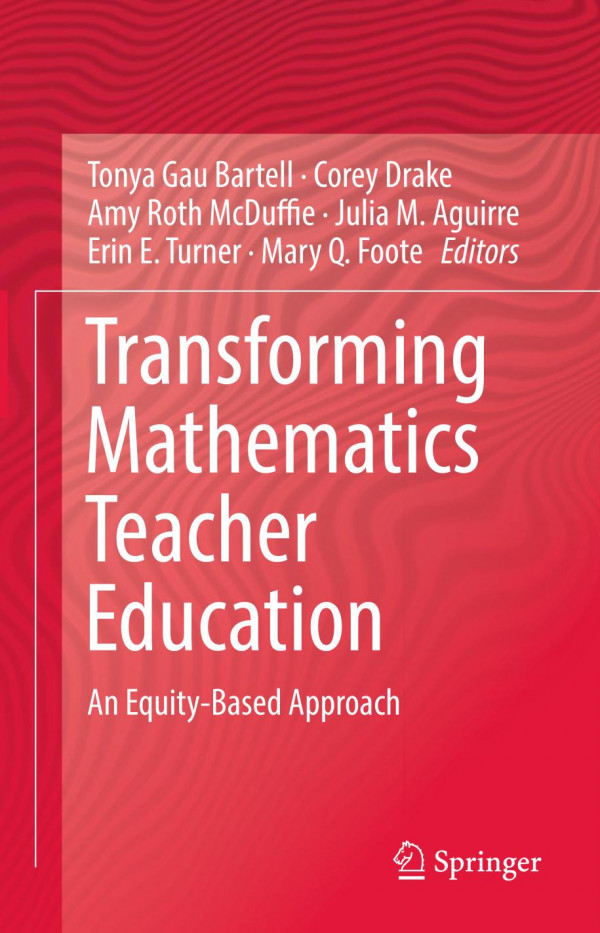

Most ebook files are in PDF format, so you can easily read them using various software such as Foxit Reader or directly on the Google Chrome browser.
Some ebook files are released by publishers in other formats such as .awz, .mobi, .epub, .fb2, etc. You may need to install specific software to read these formats on mobile/PC, such as Calibre.
Please read the tutorial at this link. https://ebooknice.com/page/post?id=faq
We offer FREE conversion to the popular formats you request; however, this may take some time. Therefore, right after payment, please email us, and we will try to provide the service as quickly as possible.
For some exceptional file formats or broken links (if any), please refrain from opening any disputes. Instead, email us first, and we will try to assist within a maximum of 6 hours.
EbookNice Team

Status:
Available5.0
37 reviewsThis book builds on the Teachers Empowered to Advance Change in Mathematics (TEACH Math) project, which was an initiative that sought to develop a new generation of preK-8 mathematics teachers to connect mathematics, children’s mathematical thinking, and community and family knowledge in mathematics instruction – or what we have come to call children’s multiple mathematical knowledge bases in mathematics instruction, with an explicit focus on equity. Much of the work involved in the TEACH Math project included the development of three instructional modules for preK-8 mathematics methods courses to support the project’s goals. These activities were used and refined over eight semesters, and in Fall 2014 shared at a dissemination conference with other mathematics teacher educators from a variety of universities across the United States. Chapter contributions represent diverse program and geographical contexts and teach prospective and practicing teachers from a variety of socioeconomic and ethnic backgrounds, in particular providing accounts of supports, challenges, and tensions in implementing equity-based mathematics teacher education. The chapters supply rich evidence and illustrative examples of how other mathematics teacher educators and professional developers might make the modules work for their unique practices, courses, workshops, and prospective teachers/teachers. It promises to be an important resource for offering guidance and examples to those working with prospective teachers of mathematics who want to create positive, culturally responsive, and equity-based mathematics experiences for our nation’s youth.